 Larry O'Reilly, chief executive of Arht Media, appears as a hologram
at Imperial College Business School in London © Anna Gordon/FT
Larry O'Reilly, chief executive of Arht Media, appears as a hologram
at Imperial College Business School in London © Anna Gordon/FTDigital Education consists of education-about-digital and education-with-digital.

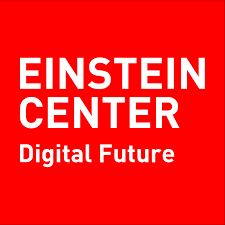
Introduction to Problem Solving & Optimization in Coding & Making
Book now ! (max 2-3 places available for motivated KuM students!)

Making of a digital education instrument #4

DigiEduHack :: Digital Primer Challenge
Main (european) prize: 3 x 5000 eur
Local prizes: 2 x Digital Primer component kit
3 x NVIDIA Xavier Jetson 1-year hosting
4 x literature Gutschein, 23 x Palope Primers, books, t-shirts etc.
Follow us at (instagram|twitter).com/DigiEduBerlin

Human and Machine Learning

MODEA : Language-based artefacts

Das Glasperlenspiel
Mustererkennung, Maschinelles Sehen, Sonifikation, PERL, Murmeln
http://perl.medienhaus.udk-berlin.de

Terminal Magic #0
And little bit of HTML & CSS programming (i.e. web-design).

Architecture and Development of Digital Communities

Digitalisation of Berlin University of the Arts in times of SARS-COV-2 outbreak
Timeplan
- 30.6. - Call for editors.
- 1.7. - 1.3.2021 - Call for papers.
- 1.5 - Camera ready version
- Rundgang 2021 :: publication
0th call : Call for editors
Compendium Template
1st call : Call for papers
or /join #doc-udk-covid-compendium:m3x.baumhaus.digital
M.O.D.E.A. :: Making of a digital education artefact
Making of a digital education artefact #1

Who am I ?
- daniel@udk-berlin.de
- 36 years, Slovak by origin, European by choice
- Bc. in Humanities (Charles University in Prague, CZ) & Bc. in Linguistics (Universite de Nice Sophia-Antipolis, FR)
- certified to use Feuerstein's cognitive Instrumental Enrichement 1 and 2 methods
- Master in Complex Systems : Natural and Artificial Cognition (Ecole Pratique des Hautes Etudes, Paris, FR)
- Double PhD. :: Cybernetics (Slovak University of Technology, SK) and Psychology (Universite Paris 8) defended with the Thesis "Evolutionary models of ontogeny of linguistic categories" - c.f. http://wizzion.com/PP.pdf )
- wizzion.com UG haftungsbeschränkt (now in hibernation)
- UdK Medienhaus IT Admin between december 2014 and july 2018
- ECDF / UdK Digital Education W1 professorship since 1.18.2018
- married, 2 daughters
misc.
- developmental psycholinguistics
- child - computer interaction
- constructivist theories of learning and intelligence
- cognitive enrichment and cognitive impoverishment
- child - computer interaction
- machine learning & machine teaching ("Can machines teach?")
- machine morality & roboethics
- natural language processing & computational rhetorics
- history of ideas and technologies
- digital diversity, open source (e.g. Linux) and maker movement
- conservative techno-optimist
Digital Education @ UdK
- Definition of Digital Education ("education-of" or "education-with" ?)
- Evaluation criteria for e-didactic tools, media and methods
- Parent participation in digital education
Two topics of PRAXIS :
- Evaluation and extension of "Computer Science Unplugged" curricula
- fibel.digital

Session 2 - Constraints
Digitale Fibel :: Project Participant Interaction Space
Links and Mirrors
Templates
Session 7 :: The minimalist principle
Recordings
Session 8 :: Entwurf
- 17.1. Entwurf
- 24.1. Imprint
- 31.1. Format
- 7.2. Cybertext
- 14.2. Fibel
Hacks and Tricks
Interface directives
RIGHT (south, north) :: forward in browser history
DOWN (east, west) :: user info
UP (west, east) :: activity info
AIRWHEEL :: zoom
Fibel :: Architectural primitives
Frontend is running in chromium which loads index.html which loads all the rest.
Interaction between backend services / sensors and frontend takes place by means of websockets. Every backend service pipes it outputs into pipes located in /dev/fibel, these pipes are created by bunch of gwsocket-daemons launched at startup, config file for service2port associations is in /etc/fibel/sockets.
All necessary frontend code for dealing with sockets is in js/sockets.js
Three references
- fibel.digital
- bildung.digital.udk-berlin.de
- Neal Stephenson - The Diamond Age - Or, a Young Lady's Illustrated Primer
Session 1 - Primer Properties
Making of a digital education artefact #2
Keywords: digital artefacts, raspberry PI zero, upcycling, make-your-own-device, creativity, touchless man-machine interaction, zone of proximal development, electronic ink, algorithmic drum circle

Session 2 - Art & Artefact
Session 4 - Material & Components
mutantC
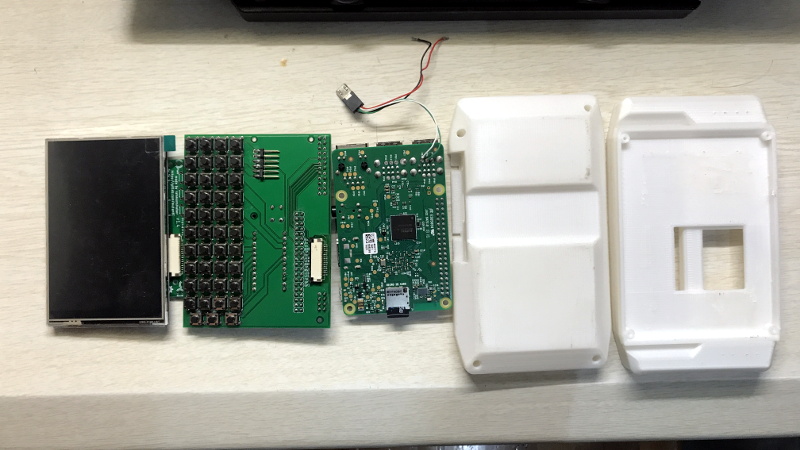
https://mutantc.gitlab.io/index.html
Over the years we’ve seen the Raspberry Pi crammed into almost any piece of hardware you can think of. Frankly, seeing what kind of unusual consumer gadget you can shoehorn a Pi into has become something of a meme in our circles. But the thing we see considerably less of are custom designed practical enclosures which actually play to the Pi’s strengths. Which is a shame, because as the MutantC created by [rahmanshaber] shows, there’s some incredible untapped potential there.
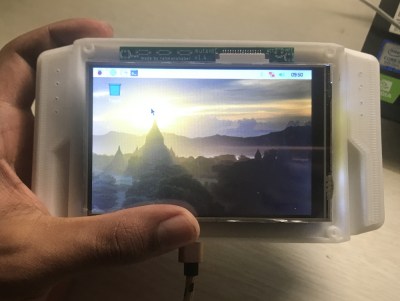 The
MutantC features a QWERTY keyboard and sliding display, and seems more
than a little inspired by early smartphone designs. You know, how they
were before Apple came in and managed to convince every other
manufacturer that there was no future for mobile devices with hardware
keyboards. Unfortunately, hacking sessions will need to remain tethered
as there’s currently no battery in the device. Though this is something
[rahmanshaber] says he’s actively working on.
The
MutantC features a QWERTY keyboard and sliding display, and seems more
than a little inspired by early smartphone designs. You know, how they
were before Apple came in and managed to convince every other
manufacturer that there was no future for mobile devices with hardware
keyboards. Unfortunately, hacking sessions will need to remain tethered
as there’s currently no battery in the device. Though this is something
[rahmanshaber] says he’s actively working on.
The custom PCB in the MutantC will work with either the Pi Zero or the full size variant, but [rahmanshaber] warns that the latest and greatest Pi 4 isn’t supported due to concerns about overheating. Beyond the Pi the parts list is pretty short, and mainly boils down to the 3D printed enclosure and the components required for the QWERTY board: 43 tactile switches and a SparkFun Pro Micro. Everything is open source, so you can have your own boards run off, print your case, and you’ll be well on the way to reliving those two-way pager glory days.
We’re excited to see where such a well documented open source project like MutantC goes from here. While the lack of an internal battery might be a show stopper for some applications, we think the overall form factor here is fantastic. Combined with the knowledge [Brian Benchoff] collected in his quest to perfect the small-scale keyboard, you’d have something very close to the mythical mobile Linux device that hackers have been dreaming of.
Keyboards:
https://hackaday.io/project/158454-mini-piqwerty-usb-keyboard
https://hackaday.com/2019/04/23/reaction-video-build-your-own-custom-fortnite-controller-for-a-raspberry-pi/
Session 6 :: Format
- In what domains of human activity do we speak about formats ?
- In these disciplines, what kinds of formats do we know ?
- Can we imagine other types of formats ? What are their advantages ? What are their disadvantages ?
- What kinds of formats should we use ?
Overall Entwurf
| WiSe 2018/2019 | Bootstrapping & exploring |
| SoSe 2019 | Playing, specifying, defining |
| WiSe 2019/2020 | E-paper |
| SoSe 2020 | Machine learning, speech technologies, handwriting recognition |
| WiSe 2020/2021 | Testing & optimizing |
| SoSe 2021 | Deploying |
WiSe 2021/2022 |
??? |
Contacts
- daniel at udk-berlin.de
- Room 313, Medienhaus
- Sprechstunden 12:30 - 13:30
Tutors & SHK
- Astrid Kraniger a.kraniger@udk-berlin.de
- Nikoloz Kapanadze nikoloz-kapanadze@medienhaus.udk-berlin.de
MODEA #2 Program
| Date | Topic |
|---|---|
| 11.4 | Introduction |
| 18.4 | Art & Artefacts |
| 25.4 | Tools & instruments |
| 2.5 | Material |
| 9.5 | Modules and components |
| 16.5 | Making the Itty Bitty Beat Box |
| 23.5 | ECDF visit - Wilhelmstrasse 67 |
| 30.5 | NO COURSE (Christihimmelfahrt) |
| 6.6 | Format |
| 13.6 | Shell |
| 20.6 | Berlin Open Lab - Einstein Ufer UdK |
| 27.6 | Optimizing & testing |
| 4.7 | Goal |
Main communication channel
MODEA #2 knot 4162 (i.e. https://kastalia.medienhaus.udk-berlin.de/4162 )
Validation
- digital primer
- music instrument for algorithmic drum circle
- garden guardian
- digital primer
- light source
Main principles
- M.Y.O.D. :: Make Your Own device
- Upcycle !
- Explore the "adjacent possible".
- Uniqueness and not mass production.
Respeaker 2 Bluetooth Alsa stream
fibel.digital :: Phase 0 :: Permutations

MODEA #2 - Forum
Handouts
Hardware
Phat Dat 1
Speaker Phat 1
Witty pi small 2 1 1
Witty pi big 2
Inky Phat 1
Grove Sound 1
Grove Ultrasound 1
Resistive HDMI 1
Raspi B+ 1 1
Phat Stack 1 1
Skywriter 1 1
E-ink 1
Capacitive HDMI 2
Strompi 1
Connecting a Bluetooth speaker to a Raspberry Pi Zero W running Raspian Stretch Lite
- sudo apt-get update && sudo apt-get dist-upgrade
- sudo apt-get install bluealsa
- sudo service bluealsa start
- Switch on your bluetooth device
- sudo bluetoothctl
- scan on
- pair XX:XX:XX:XX:XX:XX (replace the XXXXX with your device ID)
- trust XX:XX:XX:XX:XX:XX
- connect XX:XX:XX:XX:XX:XX
- exit
- aplay -D bluealsa:HCI=hci0,DEV=XX:XX:XX:XX:XX:XX,PROFILE=a2dp /usr/share/sounds/alsa/*
Session 5 :: Modules and components
- What is modularity ?
- What are modules ?
- What are advantages of a modular system ?
- What are disadvantages of a modular system ?
AE49SOSERundgang R311 Artefact List
Session 3 - Tools and Instruments
Daniel - screwdriver
Anna - pen
Kohei - measure
Akif - Swiss knife
Making of a digital education artefact #3 : E-ink

Overall Entwurf
| WiSe 2018/2019 | Bootstrapping & exploring |
| SoSe 2019 | Playing, specifying, defining |
| WiSe 2019/2020 | E-paper |
| SoSe 2020 | Machine learning, speech technologies, handwriting recognition |
| WiSe 2020/2021 | Testing & optimizing |
| SoSe 2021 | Deploying |
WiSe 2021/2022 |
??? |
Session AE491113
- Introduction & recapitulation
- UNIX warm-up
- Exercise 1: Upload images to hon.local screens
- PaperTTY
- 10-minute break
- Discussion : What would You like to make ?
- Making, coding, sharing
Philosophy
- Make Your Own Device ! (a sub-branch of DIY)
- upcycle & recycle
- Lean ICT & digital sobriety attitude
Why e-paper ?
- natural
- healthy
- ecological
- minimalist
Any why NOT e-paper ?
Existing devices
- e-readers
- notebooks (onyx)
- phones (Mudita)
- our own devices
What do You need in order to build a digital device ?
Components we are going to use
- Primer :: RaspberryPi Zero, Re-speaker 2-mic array, WittyPi 3, 6-inch e-paper IT8951, 2 x Grove Gesture Recognition systems, Speaker
- Herbarium :: Arduino, 4.3 inch e-Paper UART, 1 x Grove Gesture Recognition
- Your project ::
Design method
- Goal-oriented
- Organic
- combining "Gedankenexperimenten" with physical-stuff (i.e. component) permutations
- collaborative
Coding method
- working with a real-system (advantages ? disadvantages ?)
- tele-computational (derived from Greek τῆλε, tēle, "far")
- command-line based
- collaborative
Collaborative coding
- connect to "cloud" WLAN (password: cirrocumulus)
- open two terminal windows or tabs on Your computer
- window1:: ssh fibel@fibel1.local
- window2 :: ssh pi@hon.local
- in both windows run: screen -S YOURNAME (e.g. screen -S daniel)
UNIX warm-up 0: #root
# cd /
# ls /
epaper theater
Projects
M.O.D.E.A #5 : Voice and Speech - Lost in Translation
In the middle of a battle there is a company of Italian soldiers in the trenches, and a commander who issues the command “Soldiers, attack!” He cries out in a loud and clear voice to make himself heard in the midst of the tumult, but nothing happens, nobody moves. So the commander gets angry and shouts louder: “Soldiers, attack!” Still nobody moves. And since in jokes things have to happen three times for something to stir, he yells even louder: “Soldiers, attack!” At which point there is a response, a tiny voice rising from the trenches, saying appreciatively “Che bella voce!” “What a beautiful voice!” - excerpt from the book 'A Voice and nothing more' by Mladen Dolar
In this course, we are going to make your own digital artefacts in the scope of your personal interests in Voice and Speech.
Throughout the seminar, we will build our own personal speech recognition system based on machine learning which can understand (more specifically „transcribe“) human speech as a medium for our artistic practice. For the first half of the seminar, students will be introduced a domain of Automatic Speech Recognition (ASR) technology, and also diverse ways how speech-to-text (STT) inferences can be realized on non-cloud, local (i.e. edge-computing) architectures. It means that python programming and basic unix command line skills will be involved.
By the time we will have developed our own system, we will dive into making artfacts (media installation, educational device, musical instrument, performative material, sound works, etc, of your choice) where human and machine will communicate in human voice and speech as the second half.
*Please register for the seminar before the semester starts by e-mail.
*Seminar starts on 27.10
*A Raspi 4B and a ReSpeaker 2-Mics Pi HAT will be given to each person during the semester period.
*The seminar takes place time to time at Berlin Open Lab (Einsteinufer 43)

Session 3 - presentation
M.O.D.E.A #4 : (Machine) learning and data (science)
We start this Friday (24th April) at 10:00 am

Session 0 :: Warm-up
Session 1 :: 15th May :: Features 1
Session 2 :: 12th June :: Classifiers
Session 3 :: 26th June :: Evaluation & Tradeoffs
Session 4 :: 19th June :: Tradeoff
Session 5 :: 3rd July :: Integration & Deployment
Prolegomena to Educatio Digitale
Digital Culture :: Cognitive Context
Main focus of our discussions will be put on analysis of impact of digital media on psychology of children and adolescents.
At the beginning of the semester students will divide into small groups and each group will be asked to choose, read, understand and reproduce one experiment known from scientific literature.

Session 6 :: Studies to understand, explain or replicate
- Repetitio: Cognitive sciences, cognitivism, cognitive blindness and the unicycle clown, cognitive principles and biases
- Minilectio: Confirmation bias
- Group work: "Digitizing literacy"
- Initiatio to experiments of interest
- Evaluatio
Digital Culture :: Cognitive Context :: Handouts
Experiments
Contacts
- daniel at udk-berlin.de
- Room 313, Medienhaus
- Sprechstunden 12:30 - 13:30
Tutors & SHK
- Astrid Kraniger a.kraniger@udk-berlin.de
- Nikoloz Kapanadze nikoloz-kapanadze@medienhaus.udk-berlin.de
Net links
- http://bildung.digital.udk-berlin.de/prolegomena2
- https://kastalia.medienhaus.udk-berlin.de/4161
- Astrid will give You Your kastalia login / password next week
Credits & co.
- You can validate the course either as Wissenschaften / Theorie fach or Studium Generale course
- in both cases I can give only 2 credits *
- those who opt for the Studium Generale option and do particulary well can get note "eins" auf SG-schein
* but we do not study because of credits, do we ?
Course validation
- attendance at least 60% of seminars obligatory
- participation in the group work
For those who want to validate this course as Studium Generale
- if You visit more than 10 out of 12 sessions and do the group work, You're done
- if You visit more than 7 courses, You'll have to do additional compensation work
Program
| Date | Topic |
|---|---|
| 12.4 | Introduction |
| 19.4 | NO COURSE (Karfreitag) |
| 26.4 | How to read scientific articles |
| 3.5 | Google, Brain & co. |
| 10.5 | Cognitive sciences |
| 17.5 | Cognitive psychology |
| 24.5 | Abstracts |
| 31.5 | OPTIONAL COURSE (Christihimmelfahrt Brückentag) |
| 7.6 | Memetic theory |
| 14.6 | Theory of multiple intelligences |
| 21.6 | Developmental aspects |
| 28.6 | Socrates & Gestalt |
| 5.7 | Symposion |
| 12.7 | Summa Summarum |
Session 3 :: Google, Brain & co.
- Repetitio: Sessions 1 (Introduction) and 2 (How to read scientific articles)
- Group work 1 : Carr (2008) Is Google making us stupid ?
- Lectio: Brain
- Group work 2 : Small et al. (2009) Your Brain on Google: Patterns of Cerebral Activation during Internet Searching
- Anticipatio
ACHTUNG :: Today's session will be most probably the most difficult one.
Bibliography
Session 5 :: Cognitive psychology
- Repetitio
- Summing up Small et al.
- Lectio: cognitivism, mind, cognitive processes, cognitive biases, cognitive principles, embodied cognition
- Your evaluation of this course
- Work: Digitizing literacy: reflections on haptics of writing
- Experiment 1
Session 7 :: Memetic Theory
- Evaluation
- Experiment choice
- Theory of memes
Groups
Group 2 - Frederico, Hannes
Group 3 - Astrid, Maja, Kohei
Group 4 - Adam, Patrick
Group 5 - Ozcan, Akif, Anna-Luisa
Session 7 :: Theory of multiple intelligences
- Repetitio
- Theory of multiple intelligences
- Experiments
- After smartphone: towards a new digital education artefact
Introductory video
Goals
- Introduce You to cognitive sciences
- Show You how to work with scientific literature
- Get our digital habits under control
- do some experiments
- learn something from You and have fun
F.A.Q.
Session 4 :: Cognitive context
- Repetitio
- Group work 1: Interpreting Small et al. (2009)
- Lectio: Cognition, cognitive sciences, cognitive functions, cognitive psychology
- Group work 2: Sentiment detection in "Meet Your iBrain" article
- Your evaluation of this course
- Experiment 0
Session 2 :: How to read and understand scientific papers.
Session 8 :: Developmental aspects
- Repetitio (Theory of multiple intelligences)
- Some administrative stuff (we meet in Medienhaus garden next week, 12th July course etc.)
- Your experiments
- Developmental aspects
- The nightmare videos of children's Youtube
- After smartphone: towards a new digital education artefact
Problematic smartphone use and relations with negative affect, fear of missing out, and fear of negative and positive evaluation
For many individuals, excessive smartphone use interferes with everyday life. In the present study, we recruited a non-clinical sample of 296 participants for a cross-sectional survey of problematic smartphone use, social and non-social smartphone use, and psychopathology-related constructs including negative affect, fear of negative and positive evaluation, and fear of missing out (FoMO). Results demonstrated that FoMO was most strongly related to both problematic smartphone use and social smartphone use relative to negative affect and fears of negative and positive evaluation, and these relations held when controlling for age and gender. Furthermore, FoMO (cross-sectionally) mediated relations between both fear of negative and positive evaluation with both problematic and social smartphone use. Theoretical implications are considered with regard to developing problematic smartphone use.
Digital Culture : Didactic Context
Didactics is science of teaching. And teaching is an art. In this seminar we shall move from present all the way to origins of "school" in order to understand why contemporary education systems are as they are and how shall they potentially evolve. We shall discuss the extent in which digital instruments (computers, beamers, holograms etc.) and practices transform and shall transform the Learner, Teacher and their mutual relation.
discussion & lecture seminar accompanied by Prof. Dr. Dr. Daniel Devatman Hromada

7th Meeting :: 5th December :: What is school ?

8th Meeting :: 12th December :: Invited speaker
11th Meeting :: 23rd January :: Who is the teacher ?
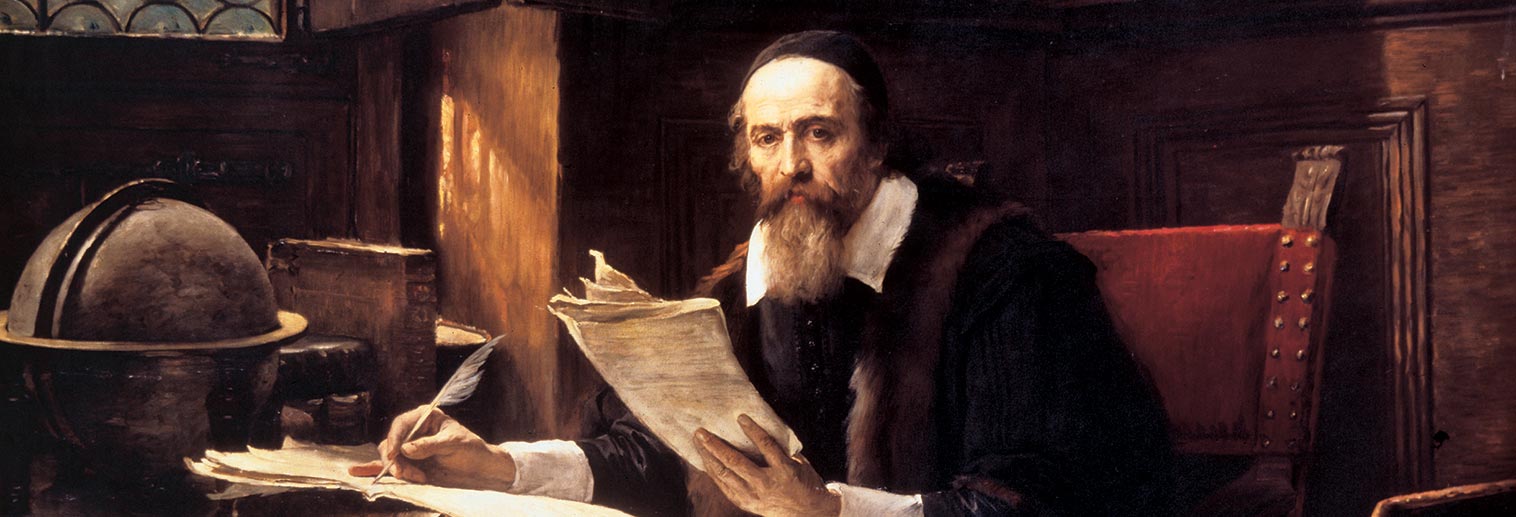
3rd Meeting :: 7th November :: What is Fairy Tale in Post-Industrial society?
by Dr. G. Bagdasarov
4th Meeting :: What is learning ?
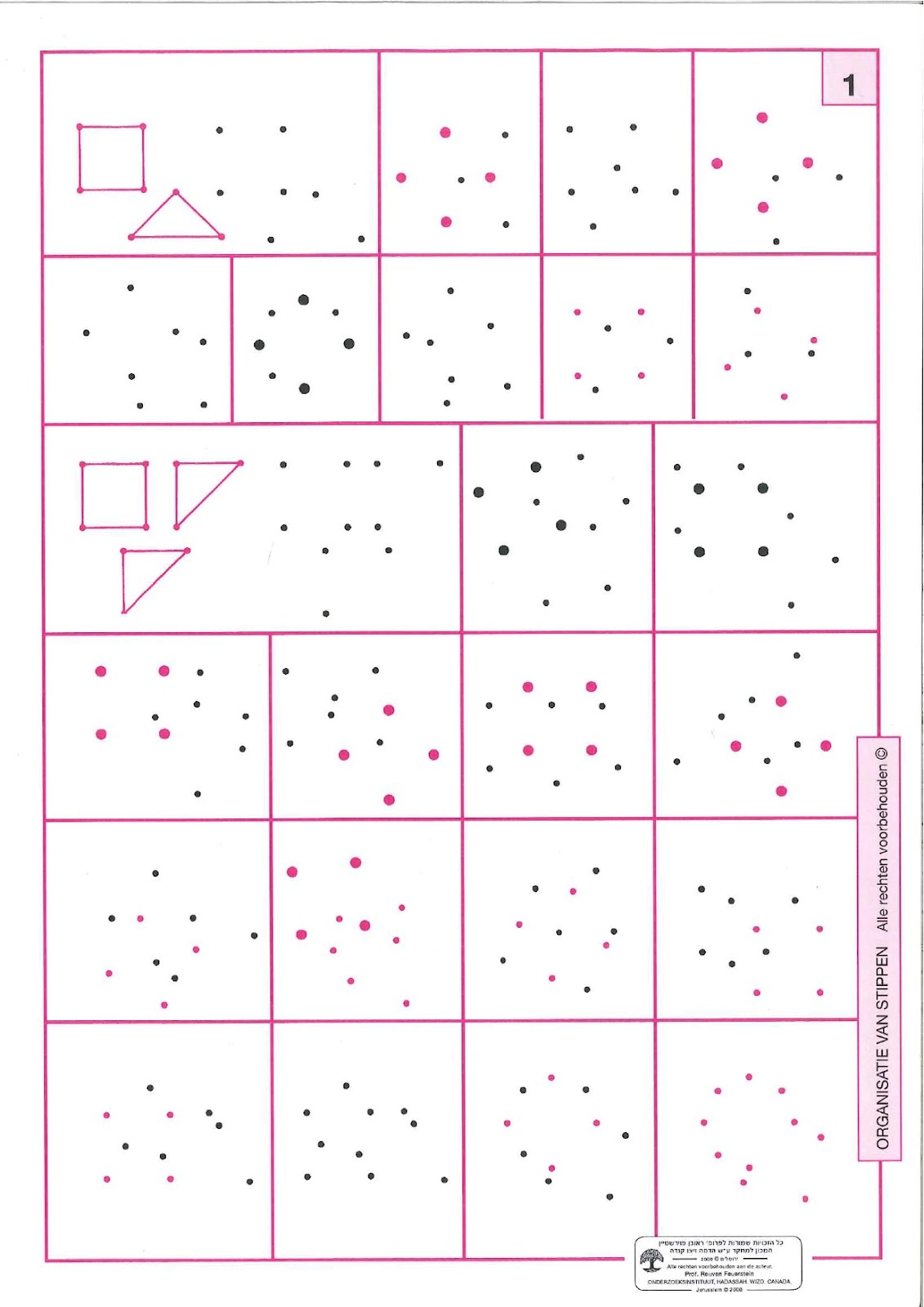
10th Meeting :: 9th January :: Who is an apprentice ?

5th Meeting :: 21st November :: course canceled
13th Meeting :: 30th January :: non-digital group(s)
2) target audience (pre-schoolers ? pupils ? adolescents ? adults ? alzheimer patients ?)
3) instruments and media You are going to use (digital media not allowed for non-dig. groups)
6th Meeting :: What is reform pedagogy ?
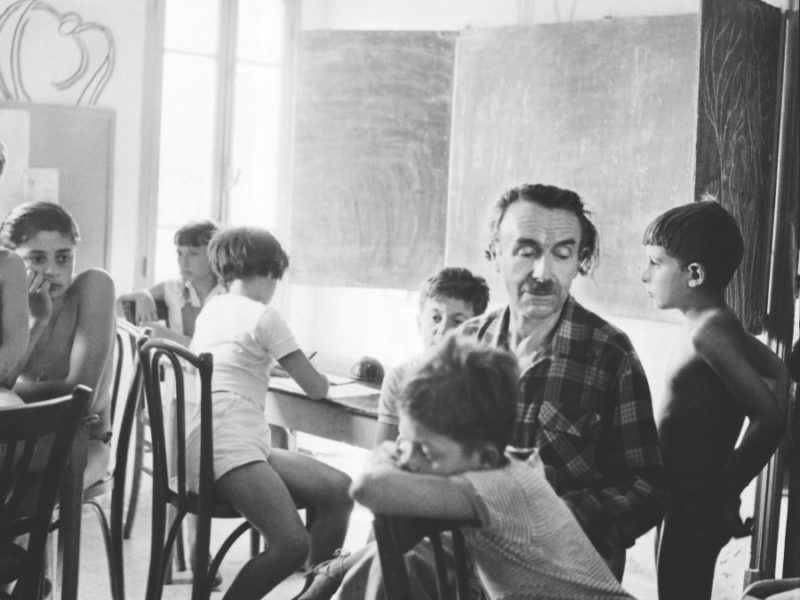
0th Meeting :: 16th October
7th Meeting :: 5th December :: What is school ?

1st Meeting :: From Goal to Definition

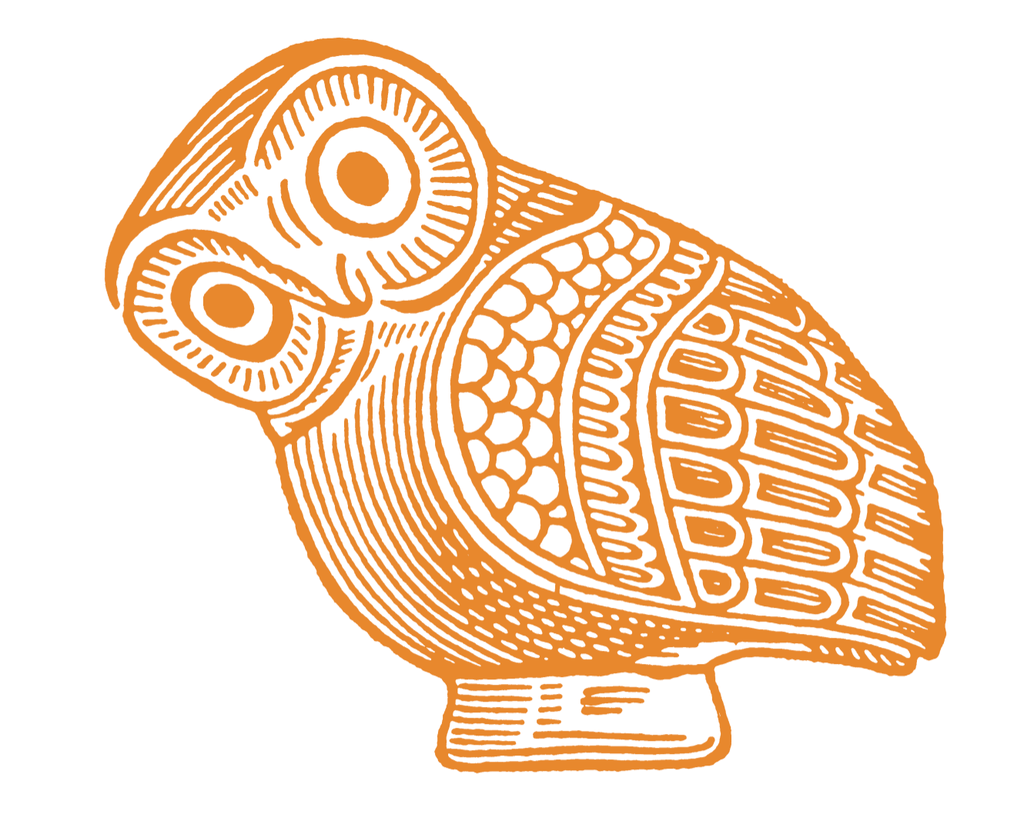
9th meeting :: What is Enlightenment ?
.png)
12th Meeting :: 23th January :: Who is the Hebamme ?

2nd meeting :: What is a didactic instrument ?
 Larry O'Reilly, chief executive of Arht Media, appears as a hologram
at Imperial College Business School in London © Anna Gordon/FT
Larry O'Reilly, chief executive of Arht Media, appears as a hologram
at Imperial College Business School in London © Anna Gordon/FT14th Meeting :: 6th Feburary :: digital group(s) teaching concept
Make sure You define:
0) where ? (e.g. classroom, hall, street, garden, atelier)
1) question which is going to be addressed by the course
2) target audience (pre-schoolers ? pupils ? adolescents ? adults ? alzheimer patients ?)
3) instruments and media You are going to use (at least one kind of digital instrument or medium obligatory for members of the dig. group)
owl

15th Meeting :: 13th February :: Invitatio to Bildung Digitale

Prolegomena to Educatio Digitale :: Historical Context

Question
meta-definition of Digital Education
OR
| education-with-dig. | education-of-dig. | Digital Education |
|---|---|---|
| No | No | ? |
| Yes | Yes | ? |
| Yes | No | ? |
| No | Yes | ? |
Please name some examples for each case.
education-of-digital
"Education-of-digital is concerned with transmission of knowledge and competences related to logics, mathematics, computer science*, cybernetics, data science, electrical engineering and information, communication & media theory." (Hromada, 2018)
* "Computer science is no more about computers than astronomy is about telescopes." (Fellows, 1991)
the Goal
three contexts
- historical context (1st semester)
- cognitive context (2nd semester)
- sociocultural context (3rd semester)
Historical context
- Description of historical development of main concepts of computer science (computation, code, machine, information, algorithm, input/output, instruction etc.).
- Course curriculum mirrors the "historical curriculum".
A letter to Your future digital self
Educatio Digitale : Computer Science : From Ἥφαιστος to deep fakes

Bildung Biodigitale
Bildung Biodigitale 0 :: Of organic and digital trees
Mandatory reading:
Giono, Jean (1953) The Man Who Planted Trees
LeGuin, Ursula (1972) The Word for World is Forest
Optional reading:
Wittgenstein, Ludwig (1921) Tractatus Logico-Philosophicus
Lovelock, James (2019) Novacene: The Coming Age of Hyperintelligence
Condition of validation: seed, plant or create an organic, digital or artistic tree and present the report about its growth

Session 0 :: 22.4.2020 :: The Core :: Avocado
Session 1 :: 29.4.2020 :: The Seed :: Apple
Session 2 :: Branches & Bifurcations :: Birke
Session 3 :: 27.5.2020 :: The #root :: Buch & Eiche
Session 4 :: 10.6. :: The Leaf :: Linden
Session 5 :: The Form of a Tree
Session 6 :: The Word for World is Forest
Setzlinge
teacher.solar 0 :: Design & Deployment of a solar-powered artefact :: Sound & Klang
Outdoor Online Learning. Supercapacitors. Solar Panels. Bluetooth. Amplifiers, Transducers, Shakers. Microcontrollers. E-Ink. Teacher.js. Sol / *sunnōn / ἥλιος / स्वर / خور . more info at https://teacher.solar

Educatio Digitale
Computer Science
From Antiquity to Renaissance
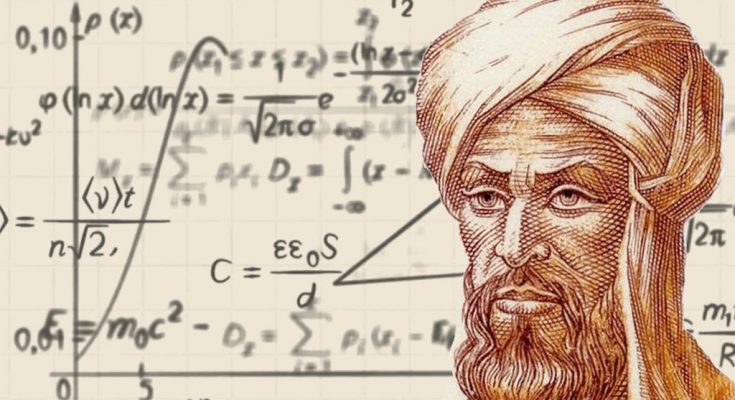
Fibonacci

Mythological times
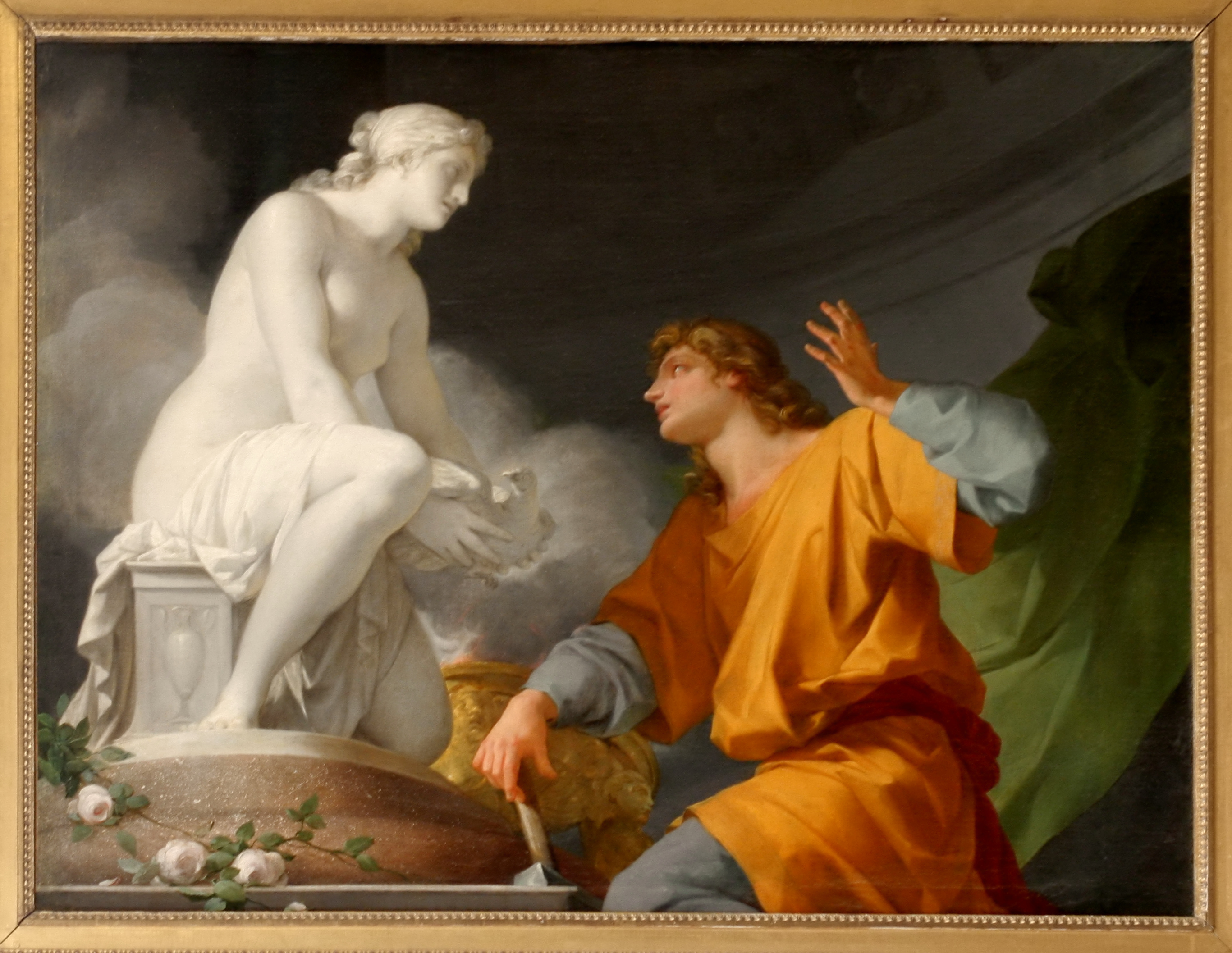
Antiquity
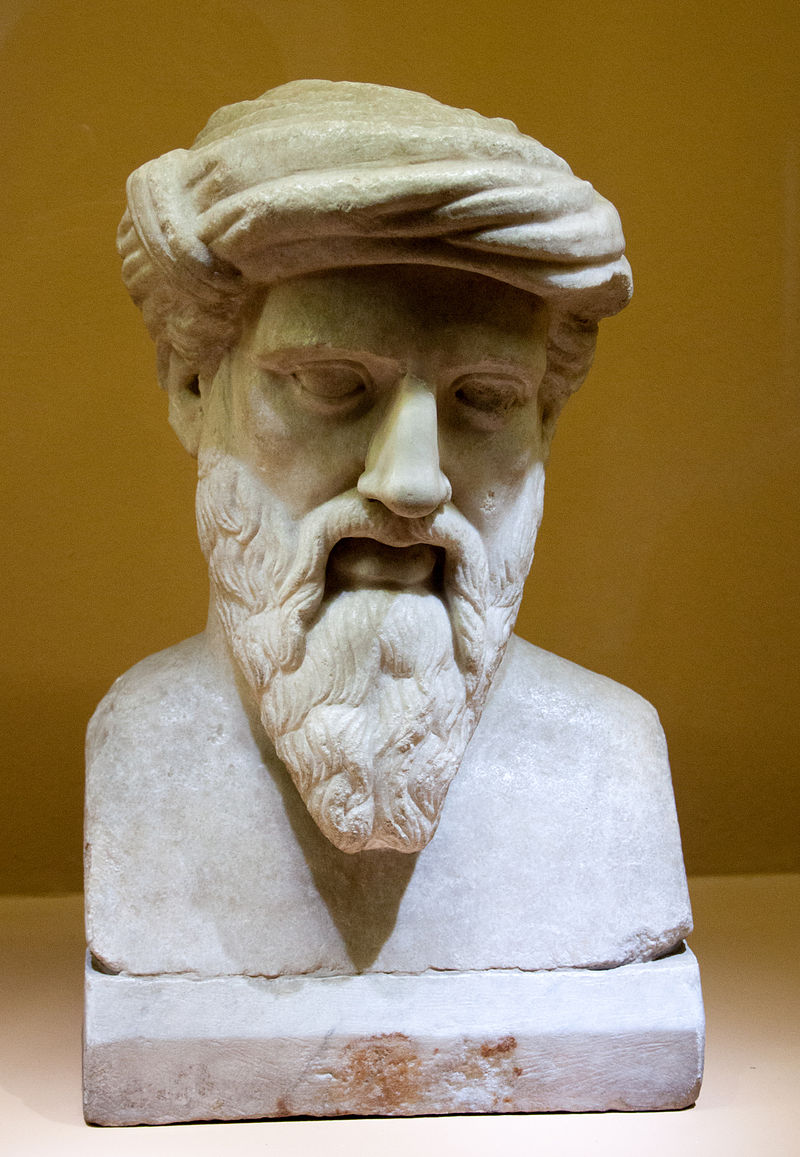
Educatio Digitale : Computer Science : From Ἥφαιστος to deep fakes

Futurological congress AE100 v0.02
2. Futurological Congres, the WTF edition
Futurological Congres, the WTF edition
Design & Computation
Closure
3. Educatio Digitale
Bildung Biodigitale 1 :: Plants, Herbs, Flowers, Weeds & co.
TOPIC :: We breath oxygen they produce, they nurture us and heal us, they colours and aromas make our lives beautiful and worth living: verily, plants, herbs and weeds our humanity's most important allies. In this course, we will observe how they grow: from seedling to blossom and from blossom to death.
In diverse gardens and parks of Berlin, we will pursue UdKs Tradition of "Pflanzenkunde", read and discuss Goethe's theory of botanic forms and apply a "phenomological" observational method in order to get as close as possible to "essence of the plant"; subsequently, we will to observe the botanic realm by means of an "impressionist" prism in order to (try to) understand why Alan Matthison Turing spent last days of his life studying botanic phyllotaxis.
And maybe, just maybe, we will obtain inspiring insights into the content of a so-called "Voynich Manuscript", one of last Enigmas of medieval Europe.
PRAXIS :: During practical part of the course, You will use state-of-the-art digital technologies (e-ink tablets, 3d scanners, holographic displays) to protocol morphogenesis of at least few plants of Your choice.
COMMENT :: The seminar is also an experiment in so-called "outdoor on-line teaching" and many new didactic innovations will be deployed for the first time. In case of good weather, seminars will tend to take place outdoor in different gardens (Botanischer Volkspark, my own garden, Berlin Open Lab Garden, Botanischer Garten Berlin etc.), in case of bad weather, seminar will take place indoor (Medienhaus R311) or digitally.
BIBLIOGRAPHY ::
The voynich manuscript (author unknown)
Versuch die Metamorphose der Pflanzen zu erklären__(J.W.Goethe, 1790)
Ding und Raum (Edmund Husserl)
Turing, morphogenesis, and Fibonacci phyllotaxis (Swinton, 2013)
Herbarium of student's choice
LEISTUNGSNACHWEIS ::
1) digital Herbarium with at least five plants
2) planting a sunflower and counting its seeds

Design and deployment of outdoor digital education artefacts
Content: Solar energy. Photovoltaics. Microcontrollers of 2nd generation (Daisy Seed, RP2040, Arduino Nano Connect). E-ink. Machine Learning. TensorFlow Lite. Gartenzwerge. Plants.
Methods: Outdoor On-Line Teaching. Collaborative making, up-cycling & coding.

M.O.D.E.A #5 : Voice and Speech - Lost in Translation
In the middle of a battle there is a company of Italian soldiers in the trenches, and a commander who issues the command “Soldiers, attack!” He cries out in a loud and clear voice to make himself heard in the midst of the tumult, but nothing happens, nobody moves. So the commander gets angry and shouts louder: “Soldiers, attack!” Still nobody moves. And since in jokes things have to happen three times for something to stir, he yells even louder: “Soldiers, attack!” At which point there is a response, a tiny voice rising from the trenches, saying appreciatively “Che bella voce!” “What a beautiful voice!” - excerpt from the book 'A Voice and nothing more' by Mladen Dolar
In this course, we are going to make your own digital artefacts in the scope of your personal interests in Voice and Speech.
Throughout the seminar, we will build our own personal speech recognition system based on machine learning which can understand (more specifically „transcribe“) human speech as a medium for our artistic practice. For the first half of the seminar, students will be introduced a domain of Automatic Speech Recognition (ASR) technology, and also diverse ways how speech-to-text (STT) inferences can be realized on non-cloud, local (i.e. edge-computing) architectures. It means that python programming and basic unix command line skills will be involved.
By the time we will have developed our own system, we will dive into making artfacts (media installation, educational device, musical instrument, performative material, sound works, etc, of your choice) where human and machine will communicate in human voice and speech as the second half.
*Please register for the seminar before the semester starts by e-mail.
*Seminar starts on 27.10
*A Raspi 4B and a ReSpeaker 2-Mics Pi HAT will be given to each person during the semester period.
*The seminar takes place time to time at Berlin Open Lab (Einsteinufer 43)

Session 3 - presentation
S
Bildung Biodigitale 2 :: Animals

Introduction to linguistics: From पाणिनिi to ChatGPT

Making of a digital education artefact :: Embeddings

Bildung Biodigitale 2 :: Animals

udk.ai / Human and Artificial Intelligence

DigiEdu Sprechstunde
Requests originating from Medienhaus/Matrix will
be prioritized @d.hromada:medienhaus.udk-berlin.de
Make Your Own Personal Primer
In the process, You will increase Your skills in domains like: Python. Linux. ALSA Audio. Raspberry Pi. CUDA / NVIDIA Jetson. Electrophoretic (E-ink) displays. Gesture sensors. Websockets. Speech recognition. Speech synthesis. Laser cutting. Asynchronous programming. Incremental design.

Bildung Biodigitale 2.3 : Canidae, Felinae, Corvidae & AIs

I & You (in the era of AI)

Code/AI/Science Sprechstunden
Practicalities: AI / Machine learning. Large Language Models. Python. Unix. Raspberry Pi, Arduino, Microcontrollers & co.
+ questions concerning theory, philosophy and science
Introduction to Psychology: On Anima and Other Archetypes

AI-Extended Environments #0

Bildung Biodigitale : Trip to Sauen #0
Preparatory meeting: this Wednesday (16.4.) 14:15 in Medienhaus R310
